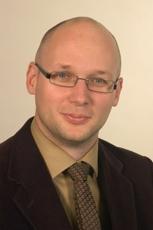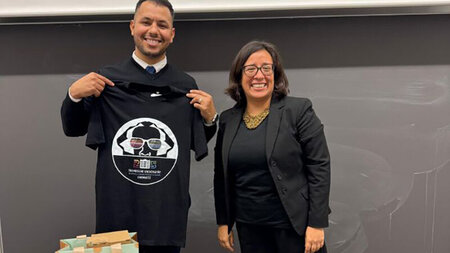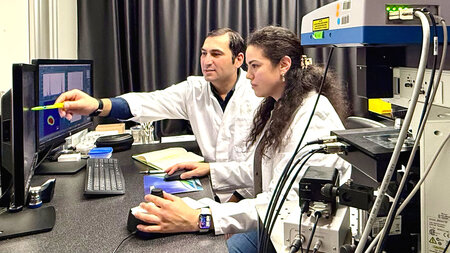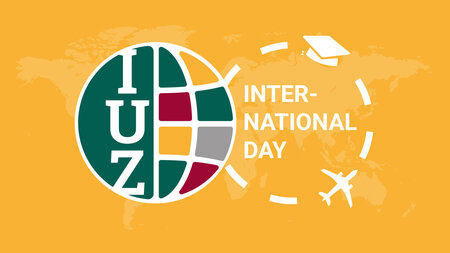CIRP Research Group
The International Academy for Production Engineering (Collège International pour la Recherche en Productique (CIRP)) is the world's leading organisation in the field of production engineering research. The CIRP was founded in 1951 with the goal of answering scientific questions in the field of modern production science and engineering, by means of international collaboration.
With the support of the CIRP, an interdisciplinary, international research group has been set up, which is contributing considerably to the global visibility and recognition of the cluster. The scientists involved in the various fields of action are grappling with fundamental theoretical problems associated with the analysis, modelling, classification and explanation of energy-related processes, phenomena and physical laws in production. Matters of interest include questions arising from the interaction of product development, product manufacturing process chains, materials and structural designs, as well as from the planning of production, logistics and factory systems, and their control in energy-efficient factory operation. The group has initiated and supported work at the interfaces between the fields of action which has an interdisciplinary orientation.
Remit

The focus was on fundamental theoretical problems associated with the analysis, modelling, classification and explanation of energy-related processes, phenomena and physical laws in production. Through empirical and experimental studies, theoretical approaches were to be developed, details specified and their significance for the planning and control of energy-efficient production demonstrated. The studies focussed on:
- Energy conversion (efficiency of energy converters, shortened chains of effects)
- Energy storage (capacity/time, recirculation, cycles)
- Energy transport (heat losses, heat transfer, heat conduction)
- Energy-efficient machining processes (machine-process interaction, energy-optimised massive forming, reduction of energy loss due to friction, simulation models, adjusted development methods, error compensation)
Introducing the Scientists

Coordination included the moderation of discussions and voting procedures with the heads of the respective fields of action.

The objective was the simultaneous temperature control and coating of the metal blanks for the press hardening process.

Through the use of the various parameters of the particle system, energy flows can be dynamically and clearly visualised.

To this end, a description of the cold pre-forming process and its influence on static softening in the event of subsequent heating was compiled. In addition, the influence of the heating process on the material behaviour during roll forming was determined.

To this end, a detailed analysis of the process chain for tool production, workpiece manufacture and workpiece heating was performed, in order to identify areas of potential.

Here the focus of the studies into laser-assisted milling (LAM) was on increasing the machinability of nickel-based superalloys that are difficult to machine.

In addition, structural simulation of the transformation kinetics of these steel materials during the press hardening process was realised.

The property changes in these structures are independently triggered as a result of the change in load. One specific approach was the use of the heat produced through friction in the main spindle system to regulate pre-stress.



The investigations into friction behaviour adopted various approaches such as the optimisation of the geometric design of guide surfaces, the application of DLC coatings and the microstructuring of the guide surfaces.
Head of CIRP Research Group

Dr.-Ing. Martin Kolouch
Professorship for Machine Tools and Forming Technologyphone: +49 (0)371 531-32478
fax: +49 (0)371 531-832478
e-Mail: martin.kolouch@mb.tu-chemnitz.de
Professorship for Machine Tools and Forming Technology





